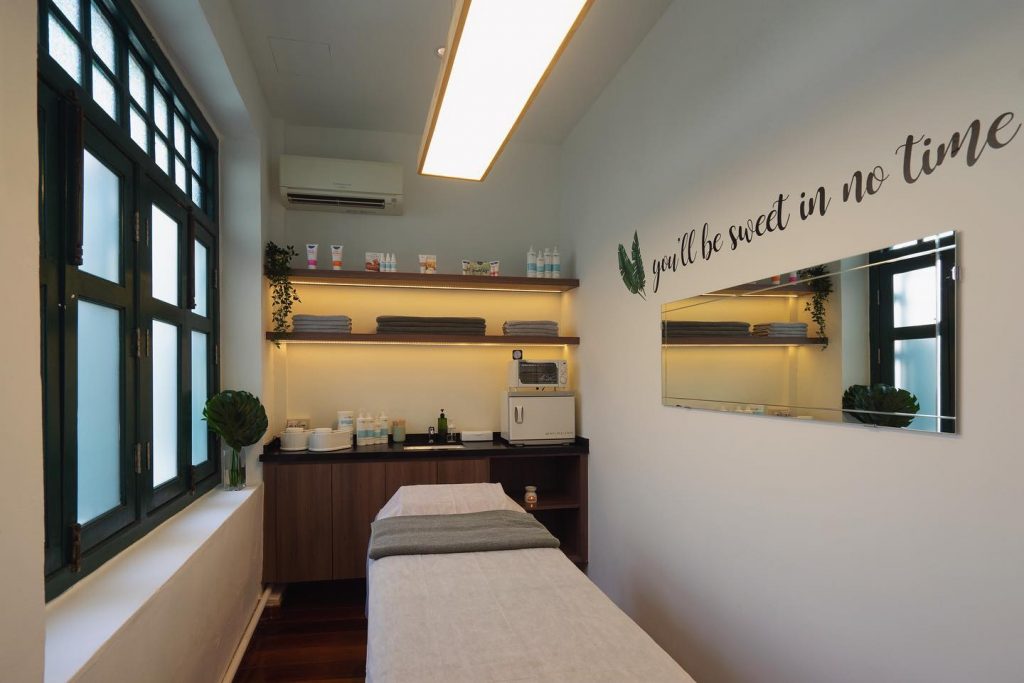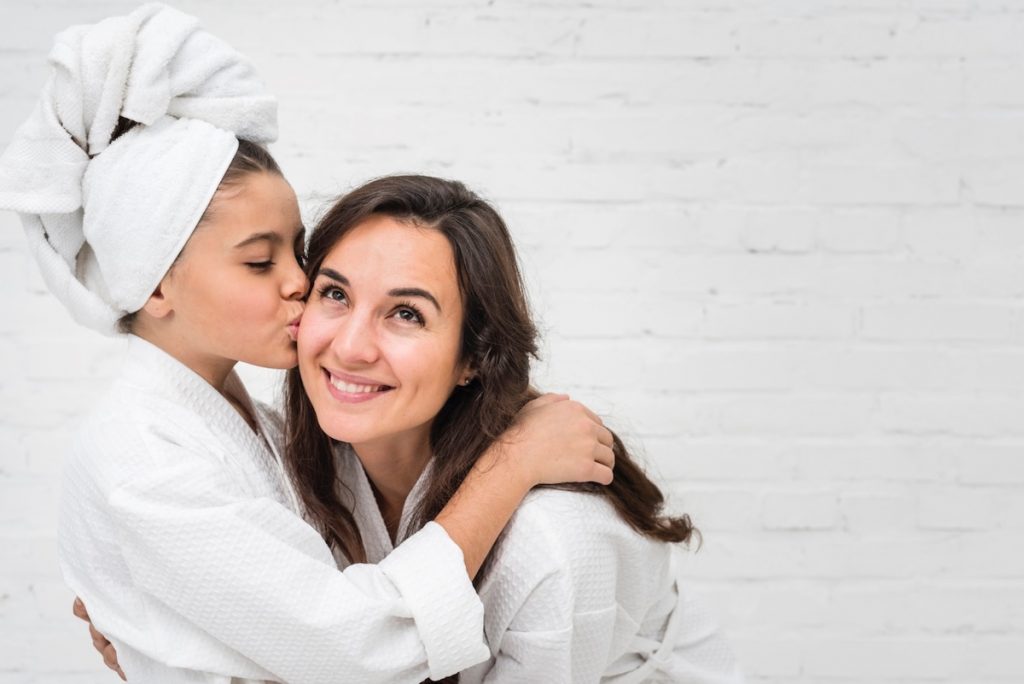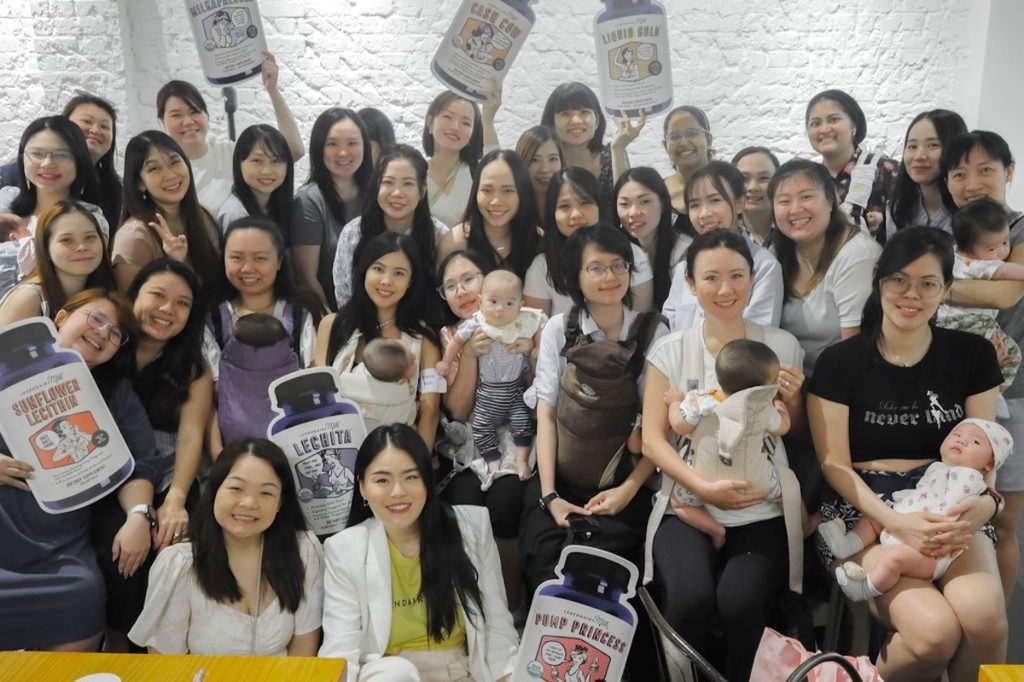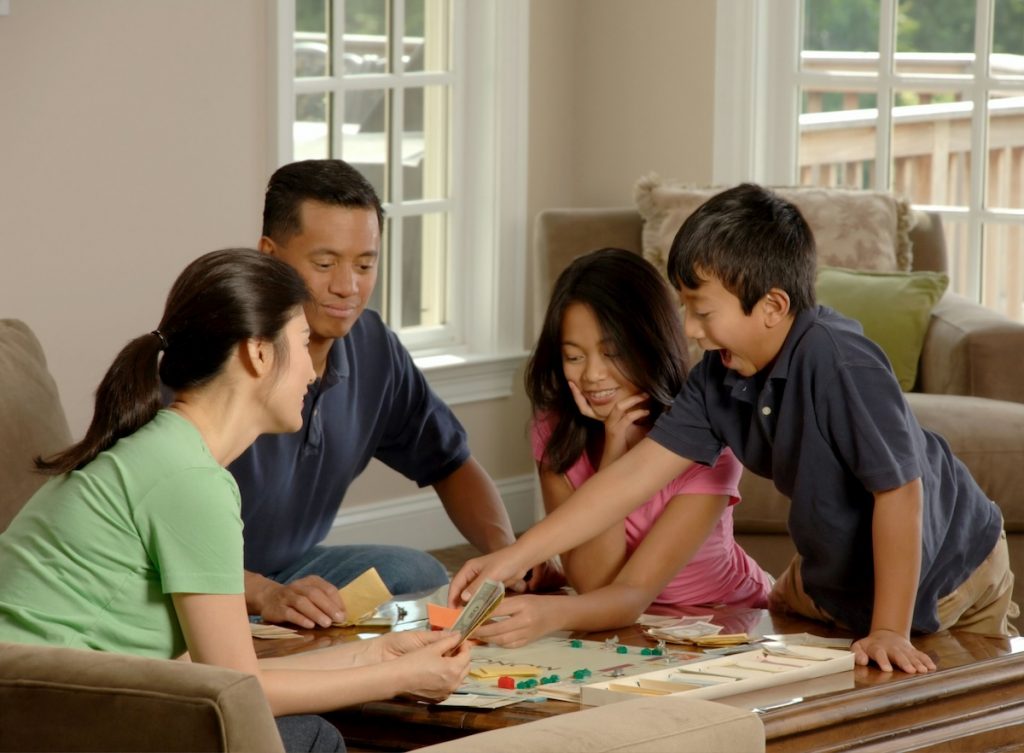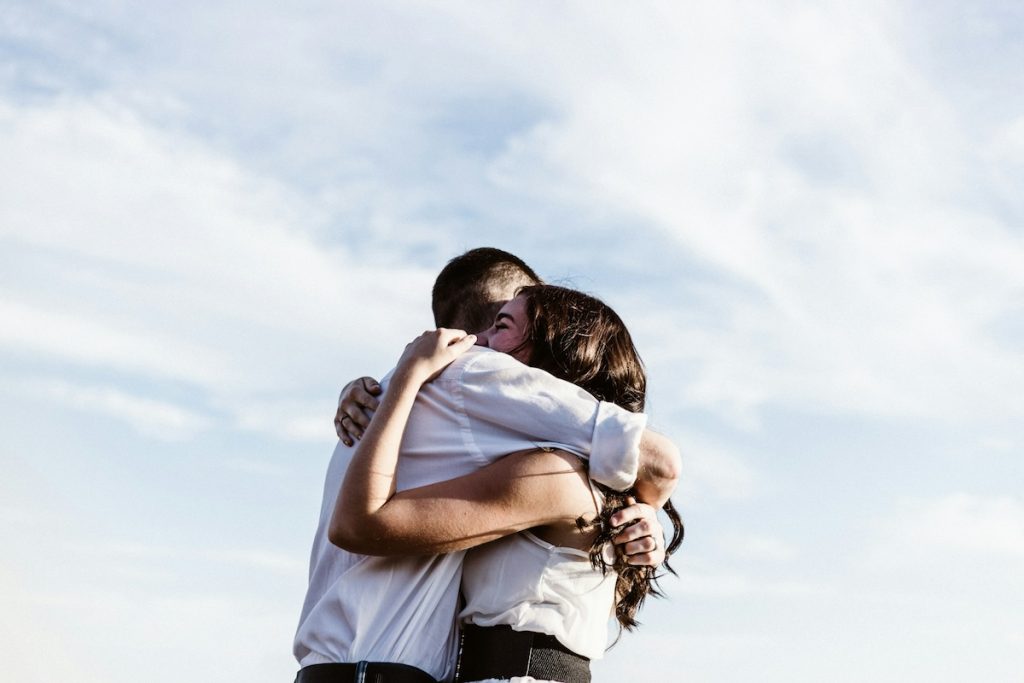“When do we need to bathe babies?” and “How often we need to bathe babies?” are common questions parents have. We address these pressing concerns and share some tips on making bathing babies a more relaxing and enjoyable experience for you.
1. Baby’s first bath
The World Health Organization recommends that bathing of a newborn should be delayed for at least six hours and preferably after 24 hours of birth. For most babies, this means the first bath could be done in the hospital by a nurse. Research shows that delaying a baby’s first bath reduces their risk of hypothermia and increases the success rate of breastfeeding.
Tip: If a nurse helps with the first bath, this will be a good opportunity for new parents to observe and ask questions.
2. Always keep newborns warm
A one-degree drop below their normal body temperature would require babies to use 10% more oxygen. Babies cannot regulate their body temperature as effectively as adults as they have more surface area by weight, causing them to lose body heat fast.
Keeping babies warm helps them stay healthy and comfortable. For this same reason, long bath times for babies should be avoided until they turn six months or older.
Tip: For newborns to be kept warm, wrap them in one or two layers of clothes more than adults and include wearing a cap, as they lose a large amount of heat through their heads.
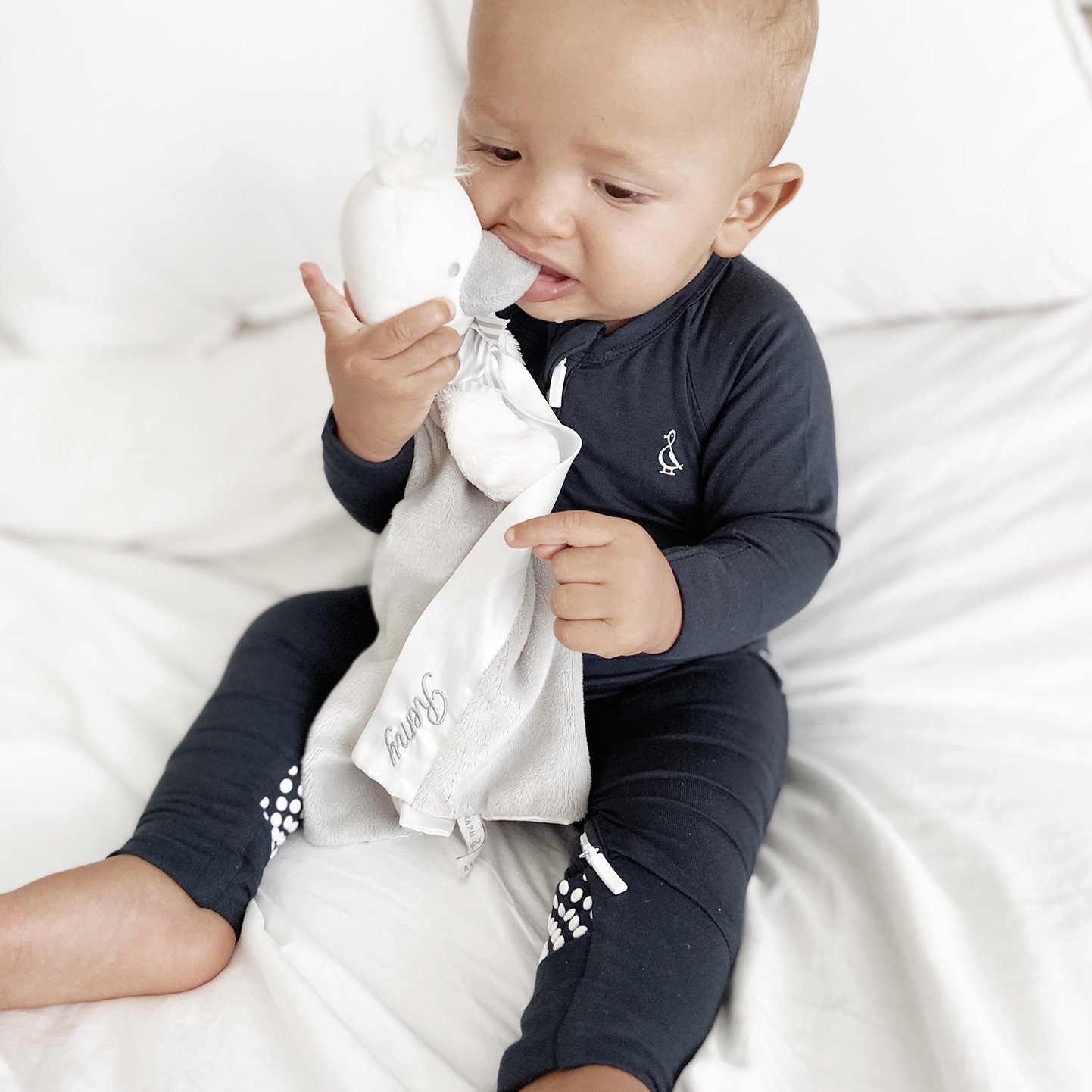
3. Bathe two to three times a week
Newborns don’t need to be bathed every day because they have their natural skin oils, and too many baths can dry out their skin. If there are any spills and mess you need to clean up, it’s ok just to use a small towel and spot clean the area. If your baby makes a big poop, you can quickly rinse their bottoms instead of a full bath.
Tip: Keeping baths to just two to three times a week is good enough.
4. Tips for a sponge bath
You don’t have to use soap in a sponge bath, just warm water, washcloths and towels. Start with cleaning your baby’s face, using separate moisten cotton balls for each eye. Use the washcloth to clean your baby’s neck and behind the ears where milk spills may have collected in between the folds of their skin.
Move on to other parts of the body, paying attention to the creases between their skin folds and keep the umbilical cord area clean and dry.
Tip: Use an extra towel to keep their body parts covered and only uncover the area you are cleaning to prevent babies from catching a cold.
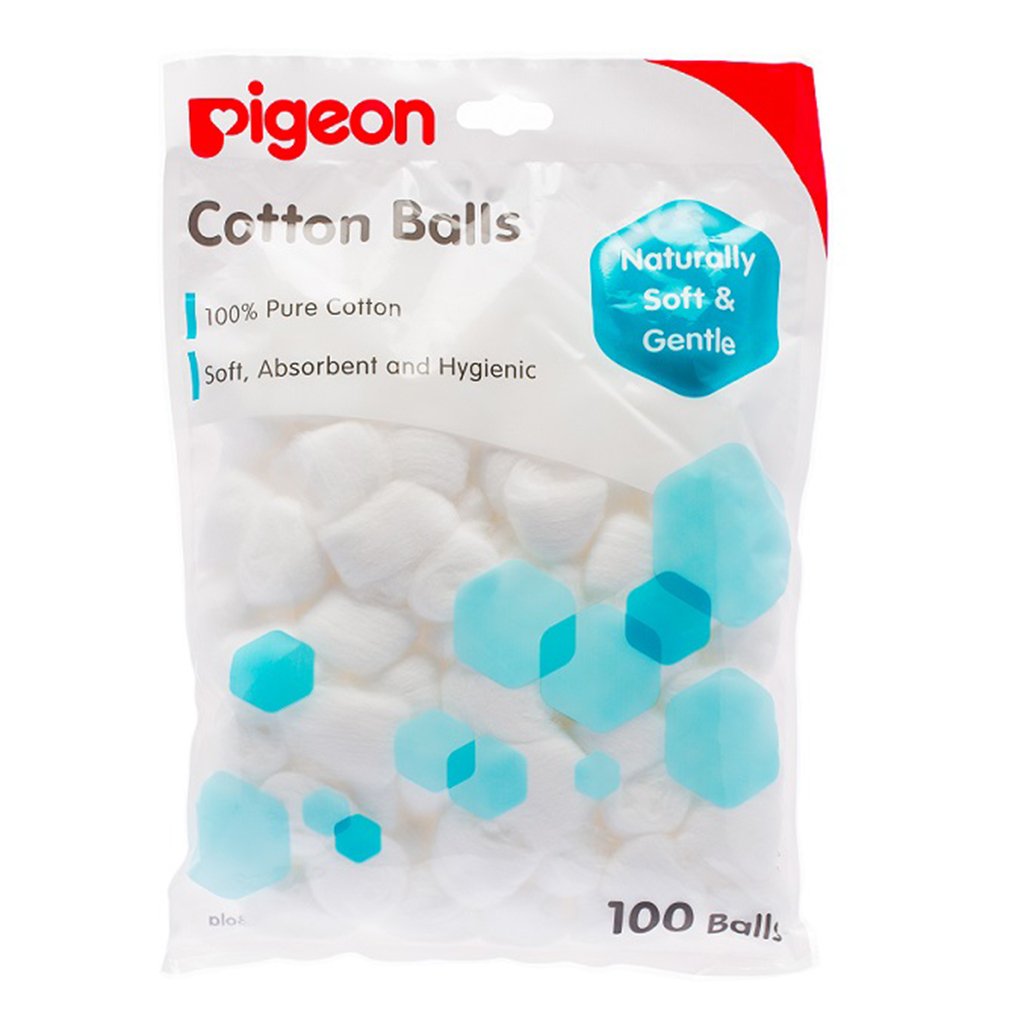
5. Babies are very slippery
The combination of soap, water on your baby’s soft, delicate skin can make them very slippery. The high likelihood of them kicking or wriggling around, will make it tough to hold them tight. Be very careful when handling them and always support your baby’s head by cradling their neck and shoulders.
Tip: You don’t have to use shampoo for newborns. Just use water to splash over and clean out any poo, milk, vomit or dirt.
6. Water temperature should be lukewarm
A baby’s skin is 20-30% thinner than an adult’s, so they would feel the heat and get scalded easily. While bathwater should be warm, it should be cooler than what most adults prefer.
Keeping the water temperature around 37°C is best for most babies. If you don’t have a thermostat, dip your wrist or upper arm into the water. It should be just comfortably warm and not hot.
Tip: When taking babies out of the bath, quickly put them in a towel to absorb excess water and prevent them from catching a cold.
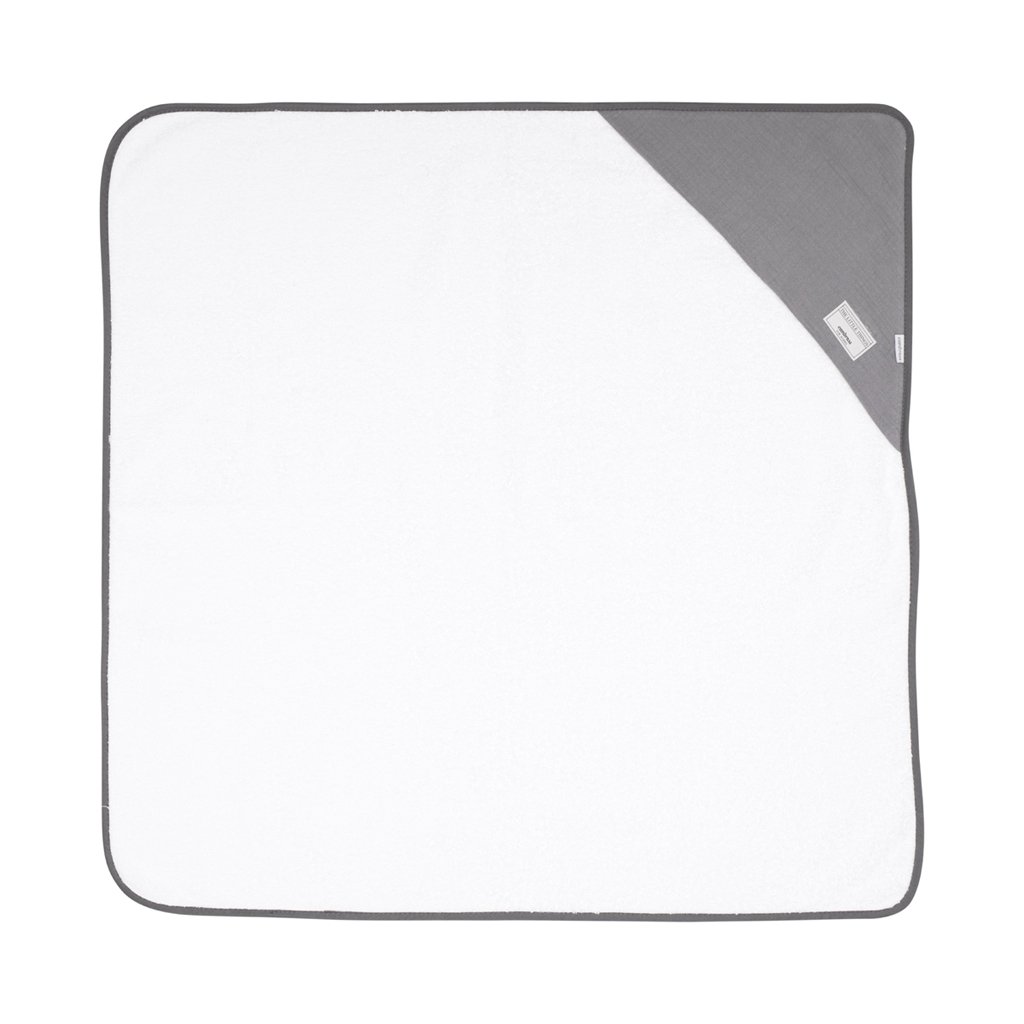
7. Don’t fill the bath
There’s no need to fill a tub as babies can drown easily. Keeping the water depth to about 5cm of water should be enough for you to clean any remnants of milk, vomit or poop.
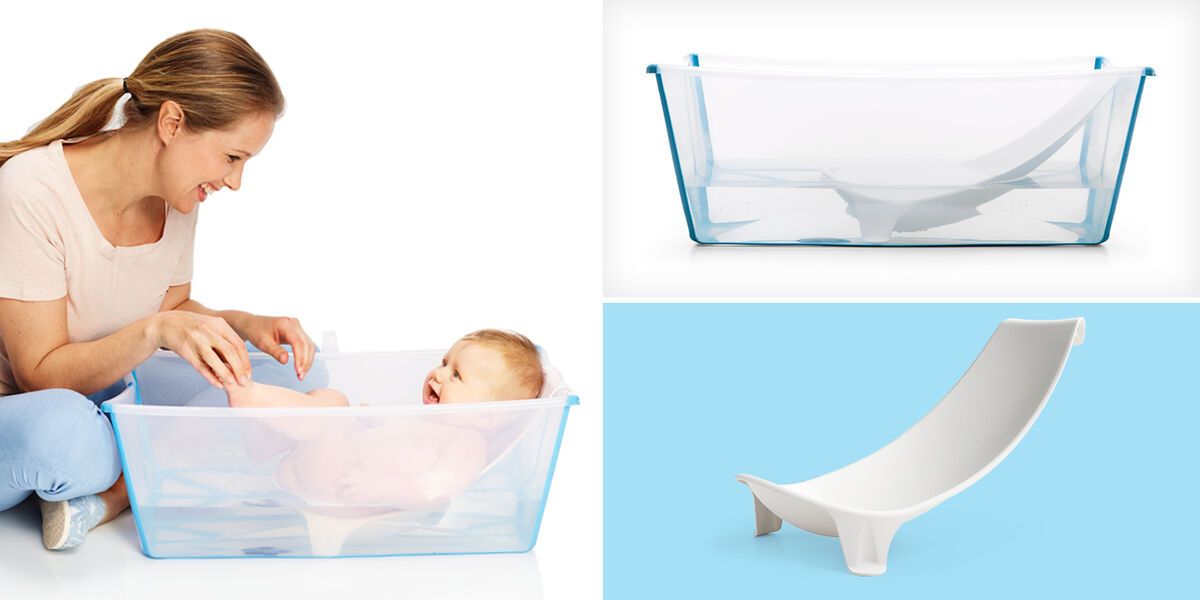
8. Getting rid of cradle cap
Some newborns develop a scaliness and redness on the scalp known as cradle cap. It usually appears on the scalp but can also appear in other areas such as the baby’s neck and armpits’ creases. Generally, this isn’t a cause for concern. It usually appears in the first few weeks and goes away on its own.
You can treat it at home with more frequent shampoo using a mild shampoo and a soft brush to help remove the scaling. Do not use stronger medicated shampoo unless you have consulted with your paediatrician.
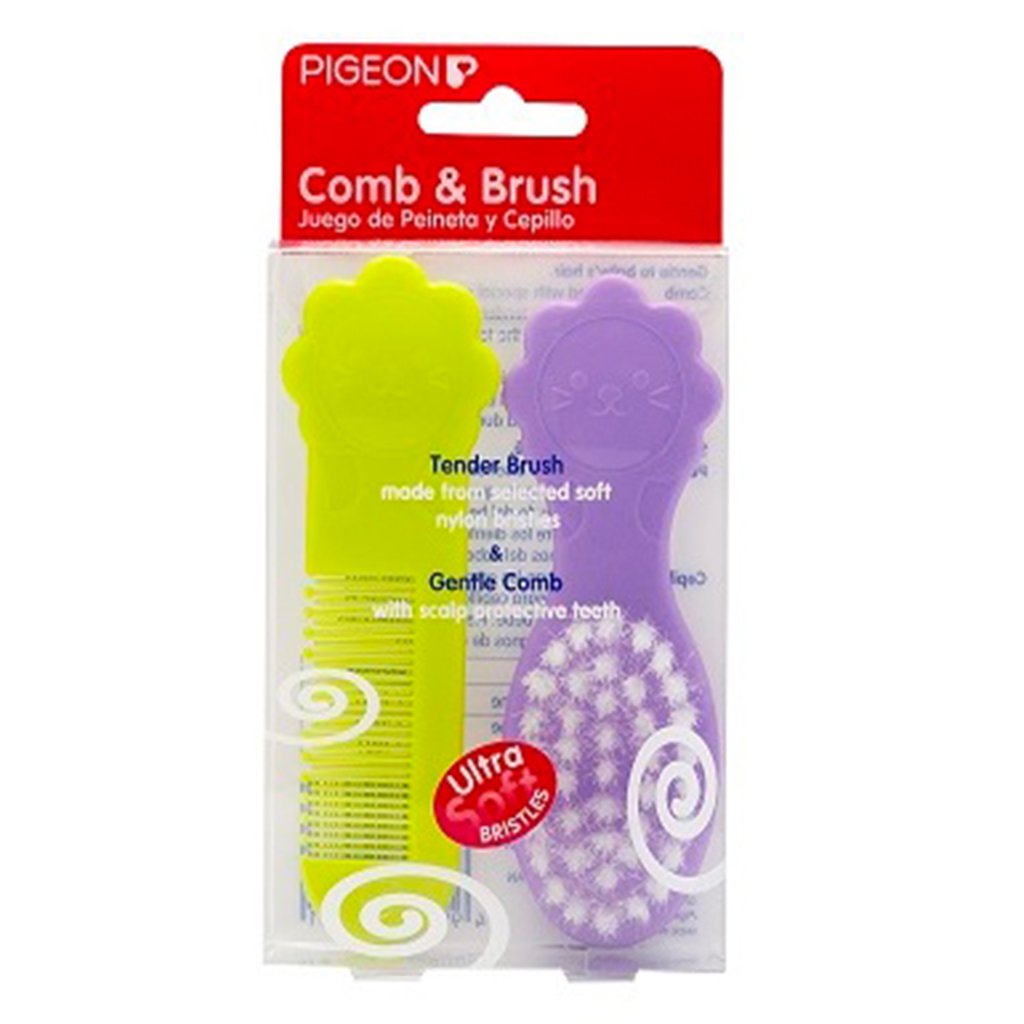
9. Use lotion to boost baby’s skin protection
Babies can also experience dry skin, and their tender skin may be even more prone to water loss and potential irritation due to its thinness. Lather up babies with a dye-free, fragrance-free, alcohol-free lotion to help protect the baby’s skin.
Tip: Bathing can be very soothing for babies and helps them to fuss less. After bath and drying babies, pamper the baby with a gentle massage while applying lotion as part of their sleep routine to help them sleep better.
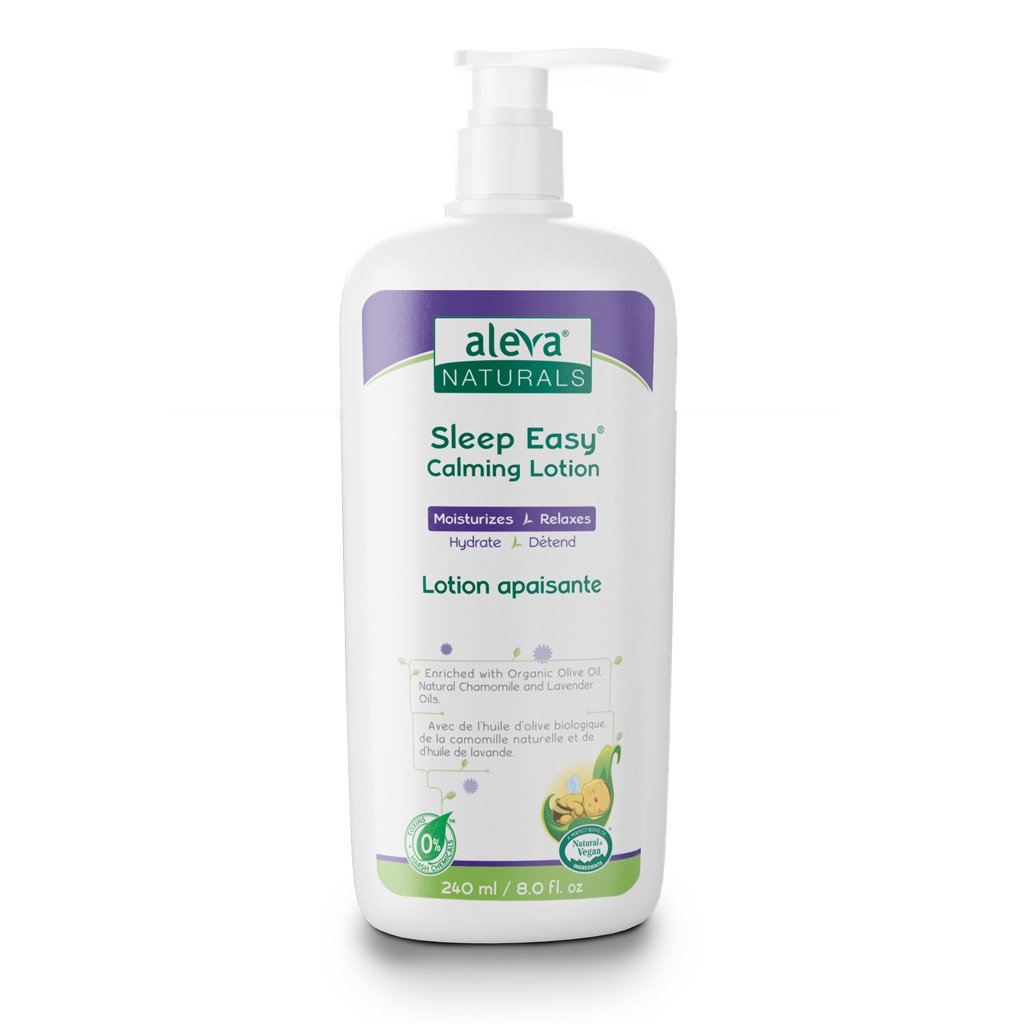
If your baby has skin conditions such as eczema or a rash, always check with your paediatrician about the best way to bath or wash them. Once you get the hang of it, you will enjoy bathing your little ones.




